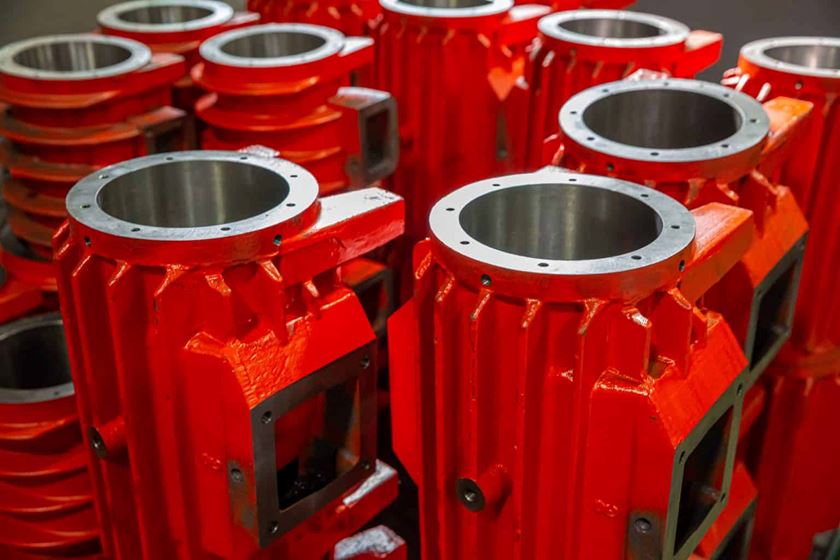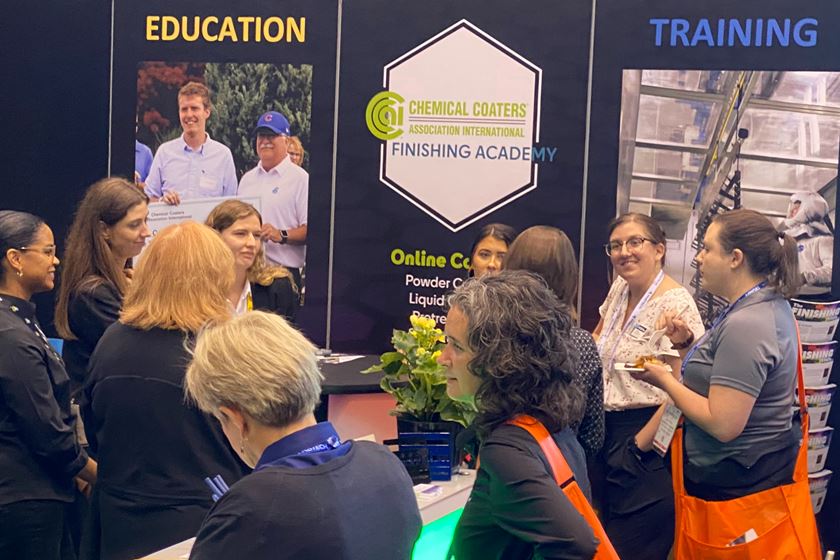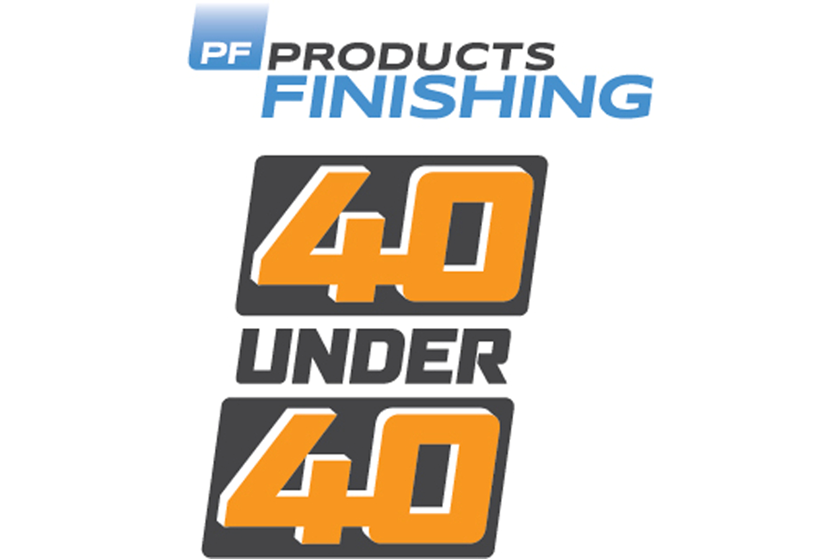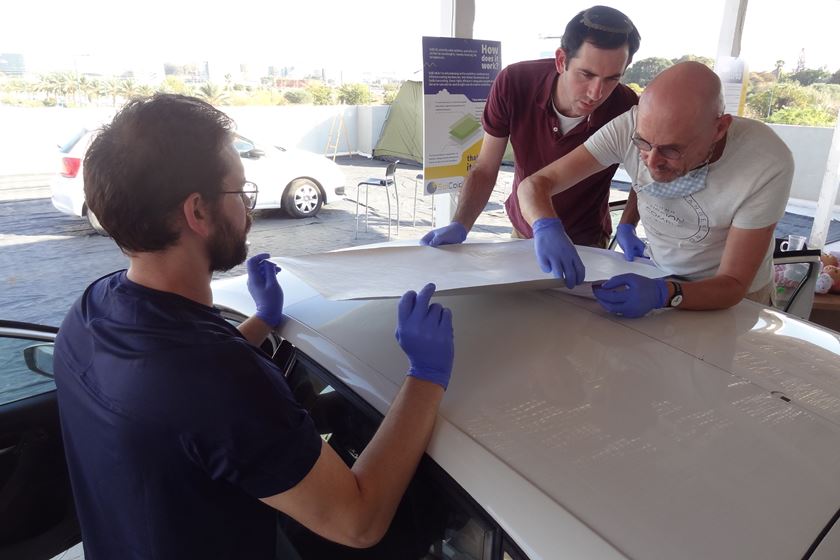Chromate Conversion Coatings
Question It seems to be a widely known fact that you are not supposed to expose chromate conversion coating on aluminum to temperatures greater than 160F because the coating will deteriorate.
Question
It seems to be a widely known fact that you are not supposed to expose chromate conversion coating on aluminum to temperatures greater than 160F because the coating will deteriorate. We powder paint one side of our panels. The paint curing temperature is between 350F and 400F. What is this doing to the chromate conversion coating on the unpainted side of my panels? If it is deteriorating the coating, I need to know how much. Is it completely ruining the coating or is it just a little degraded? The FAA requires that all aluminum on an airplane be coated. If the coating is being ruined, that is a big problem. K.Z.
Featured Content
Answer:
Both chromate conversion coatings (chrome-chromate-fluoride) and chrome-phosphate conversion coatings (chrome-phosphate-fluoride) may be used as an excellent base for organic (painted) coatings. The corrosion resistant properties of "unprotected" chromate conversion coatings are reduced when exposed to temperatures of 60C (140F) or above. This is due to the partial dehydration of the coating that occurs at that temperature. The soluble constituents of the coating (hexavalent chromium) are rendered insoluble and are, therefore, not able to leach out of the coating during exposure to form a corrosion resistant barrier. Coating the "back" sides of your parts with paint primer can help prevent the dehydration of the chromate coating.
The corrosion resistance of chrome-phosphate coatings, on the other hand, is not affected by the temperatures normally found in the dry-off or curing ovens. Can you switch your pretreatment from chrome-chromate to chrome-phosphate? This would preclude possible deleterious effects to the corrosion inhibiting properties of the conversion coating. Chrome-phosphate conversion coatings generally do not have quite as good corrosion resistance as the chrome-chromate coatings. However, they still exhibit quite satisfactory corrosion resistance and the processing conditions are pretty forgiving.
If you are coating aircraft parts per a specification, perhaps the spec has something to say concerning the type of conversion coating, the process and process precautions to be followed.



















